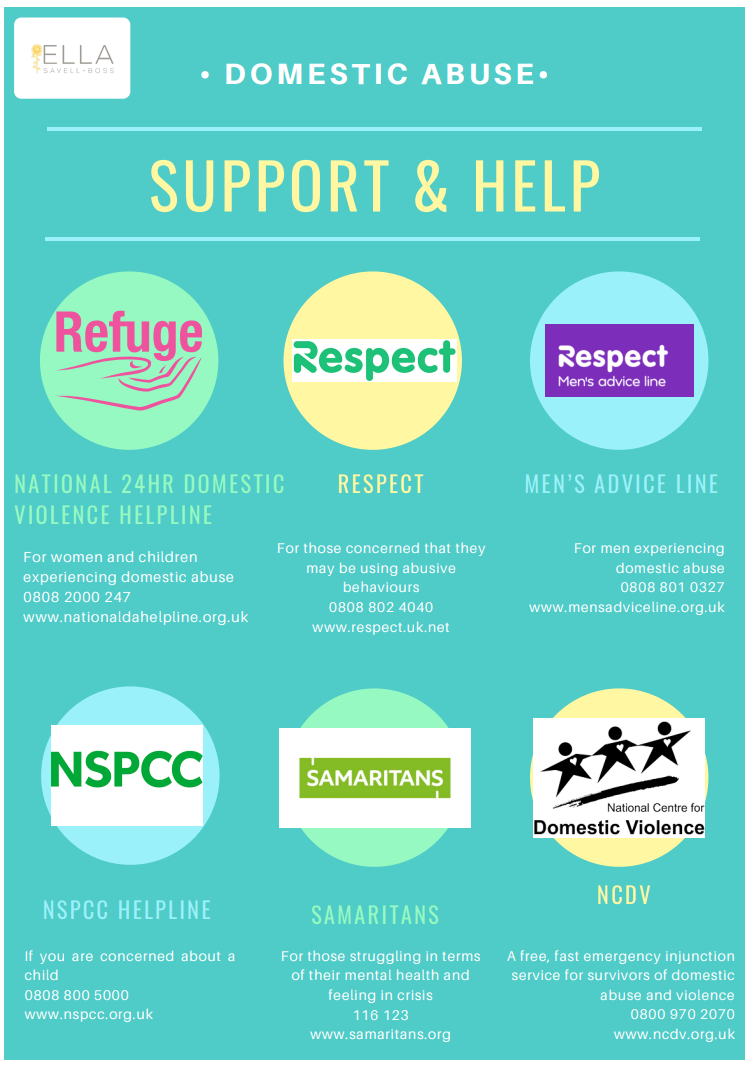Safeguarding
Harvills Hawthorn Primary School Safeguarding Statement
As outlined in Section 11 of the Children’s Act 2004, there is a great emphasis on the responsibility of staff and Governors at Harvills Hawthorn Primary School to safeguard and promote the welfare of our children. This responsibility complements the statutory requirements placed on the school under Section 157/175 of the Education Act 2002.
In order to meet these expectations, the school will ensure it will:
· Have a Senior Management Team who are committed to safeguarding and promoting the welfare of our children at school and in the community
· Have a team of staff, volunteers and Governors who understand how to protect and safeguard our children and know how and when they must report concerns about their welfare.
· Have a clear statement of its responsibility to safeguard our children as defined in safeguarding policies and any training undertaken with staff, volunteers and Governors.
· Have clear lines of accountability for staff, volunteers and Governors in the school as defined in our Child Protection Policy and other safeguarding policies
· Ensure that our children are free to express their wishes and feelings throughout their experiences and within the rich environment that Harvills Hawthorn Primary School provides
· Ensure that staff, volunteers and Governors access training in relation to the welfare and protection of our children within the expectations of local and national guidance
· Have robust recruitment procedures which promote the welfare of our children as laid out in the school's Safer Recruitment Policy which is in line with national guidance
· Work in close partnership with parents/carers and other services concerned with the safeguarding of our children to meet both local and national expectations.


Safeguarding
At Harvills Hawthorn Primary School, we aim to provide a safe and welcoming environment, underpinned by a culture of openness where both children and adults feel secure, are able to raise concerns and believe they are being listened to, and that appropriate action will be taken to keep them safe.
Safeguarding and promoting the welfare of children is everyone’s responsibility. Everyone who comes into contact with children and their families has a role to play in safeguarding children, identifying concerns, sharing information and taking prompt action.
We are committed to promoting the welfare of and safeguarding of all our children and expect everyone to share this commitment.
Safeguarding Team
Designated Safeguarding Lead (DSL) – Jo Sheen (Headteacher)
Deputy DSL – Maxine Soper (Deputy Headteacher)
Deputy DSL – Michelle Hellend (Family Support Worker)
Deputy DSL – Hayley Marsden (Assistant Headteacher)
Deputy DSL – Kit Salmon (Assistant Headteacher)
Deputy DSL - Ryan Brydon (SENDCo)
Deputy DSL – Josh Hill (KS1 Lead)
Deputy DSL – Samantha Hill (Reception Lead)
Deputy DSL – Carla Maxwell (Nursery Manager)
Online Safety Lead – Dan Westwood
Chair of Governors: Nicola Cooke (nicola.cooke@harvillshawthorn.co.uk)
Useful Safeguarding Links
Prevent Strategy
As part of Harvills Hawthorn Primary School's ongoing safeguarding and child protection duties, we are fully behind the government's Prevent Strategy.
From 1 July 2015 all schools are subject to a duty under section 26 of the Counter-Terrorism and Security Act 2015, in the exercise of their functions, to have “due regard to the need to prevent people from being drawn into terrorism”. This duty is known as the Prevent Duty for Schools.
At Harvills, we build pupils’ resilience to radicalisation by promoting fundamental British values and enabling our pupils to challenge extremist views.
Please click on this link for more information and you can support your child/ren.
https://educateagainsthate.com/category/parents/
NSPCC
The NSPCC are dedicated to child protection and can offer a wealth of advice and support. From mental health and spotting signs in children, all the way through to support for parents, there is always help and advice available, please click on the link below for further information:
https://www.nspcc.org.uk/keeping-children-safe/support-for-parents
Stop It Now
Stop It Now is a child protection charity. Their confidential helpline, live chat and secure messaging service are open for anyone with concerns about child sexual abuse prevention.
Find out more by clicking on the link below:
Criminal Exploitation: a guide for parents/carers
The Children's Society has written some guidance for parents and carers on Criminal Exploitation and what to do if you think your child is being exploited please follow the link below for more information:
Private Fostering: when someone else is looking after your child
Private fostering is when someone who is not a close family member looks after your child for more than 28 days.
You might need to ask someone else you know to look after your child. For example, if:
- you need to stay in hospital for a while
- you’re going to live abroad
- you’re not getting on well with your child
If your child is being privately fostered or you are planning to put them in private foster care, it is against the law not to tell Sandwell Council.
Click on the link below for further information:
Keeping your child safer out of school
Sandwell Family Information Service Hub has collated information about ways to keep your child safe, outside of school.
Domestic Abuse Support Services
Domestic Abuse is defined as an incident or pattern of incidents of controlling, coercive, threatening, degrading and violent behaviour, including sexual violence, in the majority of cases by a partner or ex-partner, but also by a family member or carer.
It is very common. In the vast majority of cases, it is experienced by women and is perpetrated by men.
Domestic abuse can include, but is not limited to, the following:
Coercive control (a pattern of intimidation, degradation, isolation and control with the use or threat of physical or sexual violence)
Psychological and/or emotional abuse.
Physical or sexual abuse.
Financial or economic abuse.
Harassment and stalking.
Online or digital abuse.
Operation Encompass
Operation Encompass is a police and education early information safeguarding partnership, enabling schools to offer immediate support to children experiencing domestic abuse.
Operation Encompass ensures that a notification is made to the school’s trained Designated Safeguarding Lead (also known as the Key Adult) before the start of the next school day following any domestic abuse incident attended by police, where children are related to either adult involved.
Information is shared with a school’s Key Adult (Designated Safeguarding Lead or Officer) prior to the start of the next school day after officers have attended a domestic abuse incident. This sharing of information enables appropriate support to be given, dependent upon the needs and wishes of the child.
Children are negatively impacted by experiencing domestic abuse and without early intervention and support this negative impact can last through a child’s life course. Domestic abuse can impact upon social, psychological, physical, emotional and behavioural outcomes with an often negative impact upon a child’s academic success. Experiencing domestic abuse has been identified as an Adverse Childhood Experience.
Operation Encompass aims, by directly connecting police and schools, to secure better outcomes for children, to enable schools to better understand the impact living with domestic abuse has upon children, to help schools to better understand a child’s lived experience and to therefore be able to support and nurture each child, making a child’s day better and giving them a better tomorrow.









